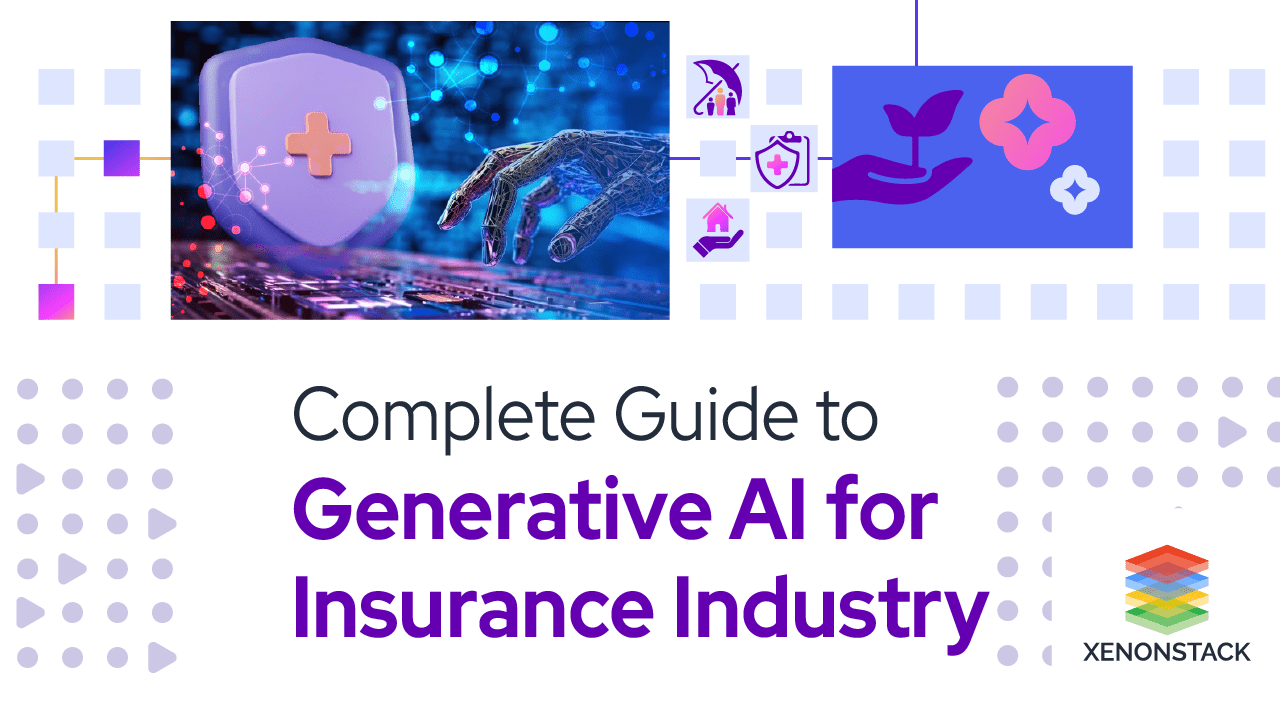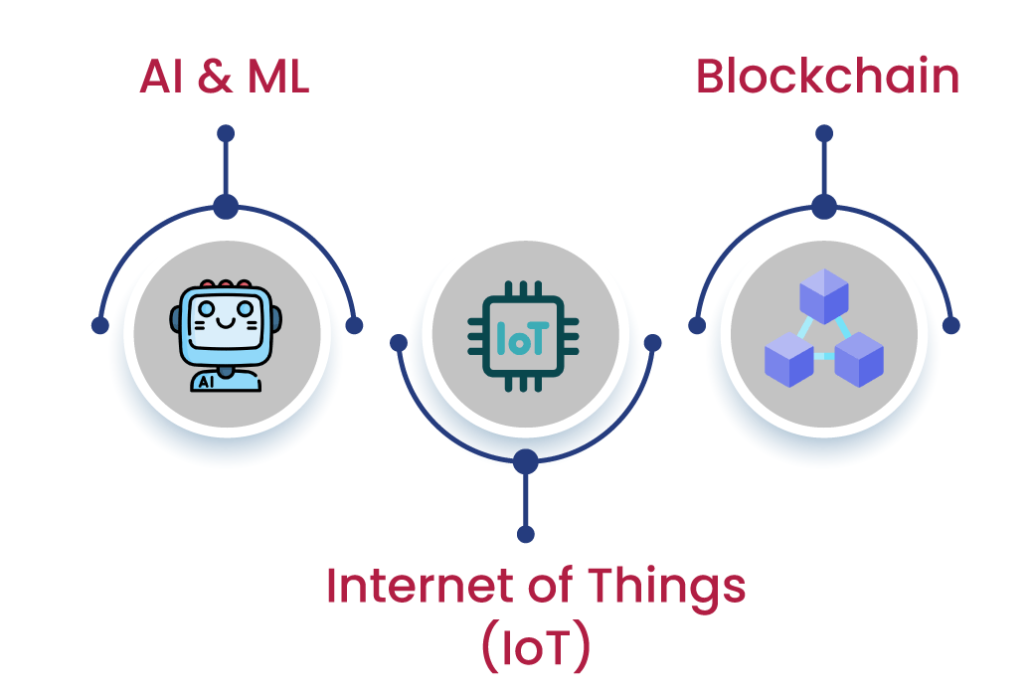AI in Health Insurance: Revolutionizing Claims Processing and Risk Assessment

AI in Health Insurance: Revolutionizing Claims Processing and Risk Assessment is transforming the way insurers handle claims and assess risks. The integration of artificial intelligence into the health insurance sector allows for enhanced accuracy, efficiency, and customer satisfaction. From automating routine tasks to providing predictive analytics, AI is setting a new standard in the industry and enabling companies to better serve their clients.
1. Understanding AI in Health Insurance

Artificial Intelligence (AI) is a branch of computer science that focuses on creating systems capable of performing tasks that would typically require human intelligence. In the context of health insurance, AI technologies encompass machine learning, natural language processing (NLP), data analytics, and robotics process automation (RPA). These tools are increasingly used to streamline various processes within the insurance domain.
Benefits of AI in Health Insurance
- Efficiency: By automating repetitive tasks, AI significantly reduces the time taken to process claims and manage policies.
- Accuracy: AI algorithms analyze vast amounts of data to ensure more precise risk assessments and claims approval.
- Cost Reduction: Automation leads to lower operational costs, which can be passed on to customers in the form of lower premiums.
- Enhanced Customer Experience: AI-powered chatbots provide instant support to policyholders, addressing their queries promptly.
- Data Insights: Advanced analytics enable insurers to understand trends and patterns, leading to better-informed decisions.
AI’s role in health insurance is pivotal as it helps insurers transition from traditional methods to more innovative approaches. It transforms key areas such as claims processing, underwriting, fraud detection, and customer engagement.
2. Revolutionizing Claims Processing

The claim process in health insurance has long been known for its complexity and delays. However, AI is revolutionizing how claims are processed, leading to faster resolutions and improved accuracy.
Key Steps in AI-Driven Claims Processing
- Data Entry Automation: AI systems can automatically extract information from claim forms, significantly reducing manual input errors.
- Claim Verification: Machine learning algorithms can quickly cross-reference claims with existing medical records and policy details to validate authenticity.
- Fraud Detection: By analyzing patterns in claims data, AI can identify fraudulent activities or suspicious claims, minimizing losses for insurers.
- Decision Making: AI enhances decision-making by providing real-time insights and recommendations based on historical data analysis.
- Customer Communication: Automated systems can keep policyholders informed about the status of their claims, leading to better customer satisfaction.
This overhaul not only mitigates human error but also ensures that legitimate claims are paid out faster. Insurers can allocate resources more effectively, focusing on areas that enhance service quality.
3. AI and Risk Assessment

Risk assessment is a crucial component of health insurance. Accurate risk profiling ensures that insurers can price their products appropriately while maintaining profitability. AI plays an integral role in refining the risk assessment process.
How AI Enhances Risk Assessment
- Predictive Analytics: AI models analyze historical data to predict future health outcomes and associated risks, enabling insurers to adjust their offerings accordingly.
- Personalized Underwriting: Instead of relying solely on broad demographic statistics, AI employs individual data points for personalized risk assessments.
- Continuous Learning: Machine learning algorithms continuously improve their predictive capabilities as they analyze more data, leading to increasingly accurate risk profiles over time.
- Behavior Analysis: AI can track and analyze consumer behavior to identify potential health risks based on lifestyle choices.
- Resource Allocation: Enhanced risk assessment allows insurers to allocate resources more efficiently, targeting high-risk customers with appropriate interventions.
AI’s capability to evaluate complex data sets creates a more nuanced understanding of risk, ensuring that health insurance remains sustainable in a rapidly changing landscape.
4. Fraud Detection and Prevention
Fraud is a significant challenge facing the health insurance industry, costing billions annually. Traditional fraud detection methods often prove insufficient, but AI offers innovative solutions for detecting and preventing fraudulent activities.
Techniques Employed by AI in Fraud Detection
- Anomaly Detection: AI utilizes algorithms to detect unusual patterns in claims data that may suggest fraudulent activity.
- Natural Language Processing: NLP processes unstructured data such as claims notes, identifying inconsistencies or red flags.
- Network Analysis: AI can map relationships between providers, patients, and claims to spot collusion or organized fraud schemes.
- Real-time Monitoring: Continuous monitoring of claims enables immediate alerts for suspicious activities, enhancing response times.
- Historical Data Comparison: AI compares current claims against historical data to identify deviations and potential fraud.
By leveraging these advanced techniques, insurers can significantly reduce their losses due to fraud while fostering a culture of trust among policyholders.
5. Customer Engagement and Experience
AI is reshaping customer engagement in health insurance, making interactions smoother and more personalized. This shift is vital in an industry where customer satisfaction can significantly impact retention rates.
Strategies for Improving Customer Engagement with AI
- Chatbots and Virtual Assistants: AI-driven chatbots provide 24/7 assistance, answering common questions and guiding users through processes like claims submission.
- Personalized Recommendations: AI analyzes user data to offer tailored insurance plans and services based on individual needs.
- Feedback Mechanisms: AI systems can gather customer feedback and sentiment, allowing insurers to adapt their strategies to meet client expectations.
- Proactive Health Management: AI applications can remind policyholders about preventive measures, encouraging healthier lifestyles.
- Streamlined Processes: By automating administrative tasks, insurers can ensure that customers experience shorter wait times and faster responses.
Enhancing customer engagement through AI not only improves user experiences but also builds loyalty and trust among policyholders.
FAQs
What is AI in health insurance?
AI in health insurance refers to the use of artificial intelligence technologies to improve various aspects of the industry, including claims processing, risk assessment, fraud detection, and customer engagement.
How does AI improve claims processing?
AI streamlines claims processing by automating data entry, verifying claims against medical records, detecting fraud, and enhancing decision-making, resulting in faster and more accurate claim resolutions.
What role does AI play in risk assessment?
AI enhances risk assessment by using predictive analytics, personalized underwriting, continuous learning from data, tracking consumer behavior, and optimizing resource allocation.
How can AI detect fraud in health insurance?
AI detects fraud through anomaly detection, natural language processing, network analysis, real-time monitoring, and historical data comparisons, significantly reducing losses due to fraudulent claims.
What benefits does AI bring to customer engagement?
AI improves customer engagement by providing 24/7 support via chatbots, offering personalized recommendations, gathering customer feedback, promoting proactive health management, and streamlining insurance processes.
Conclusion
AI in health insurance is truly revolutionizing claims processing and risk assessment. Its capacity to enhance efficiency, accuracy, and customer experiences presents significant advantages for insurers and policyholders alike. As technology continues to evolve, the health insurance industry must embrace these innovations to remain competitive, address emerging challenges, and meet the evolving needs of consumers. By harnessing AI, health insurance providers can build more resilient and responsive systems that ultimately lead to better health outcomes and greater customer satisfaction.










